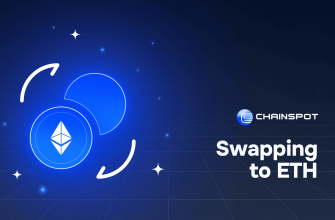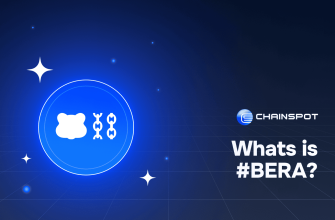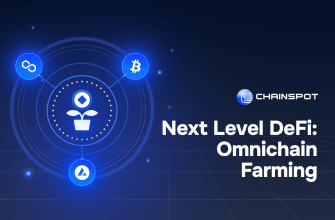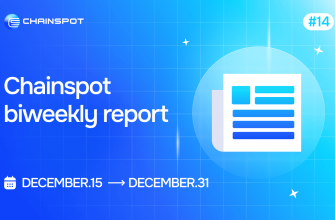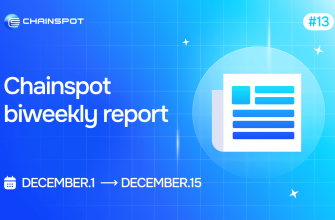The recent Dencun upgrade on Ethereum has delivered on its promise to reduce transaction costs across Layer 2 solutions.
With the implementation of blobs, a new transaction type introduced by the upgrade, major Layer 2 chains have witnessed a remarkable decrease in average transaction fees.
Blobs function as a new method for Layer 2 chains to post information on Ethereum, replacing the traditional “calldata” approach and directly contributing to fee reduction.
Data from various Layer 2 ecosystems, including Optimism ecosystem (OP Mainnet, Base, Zora), zkSync, and Starknet, reveals a substantial drop in transaction fees across the board.
For instance, median gas fees on Base plummeted from approximately $0.5 just before the Dencun upgrade to around $0.0012, as reported by the latest on-chain data from Dune. Similarly, average fees on Base currently stand at $0.06. OP Mainnet, part of the Optimism ecosystem, also reflects similar fee reductions.
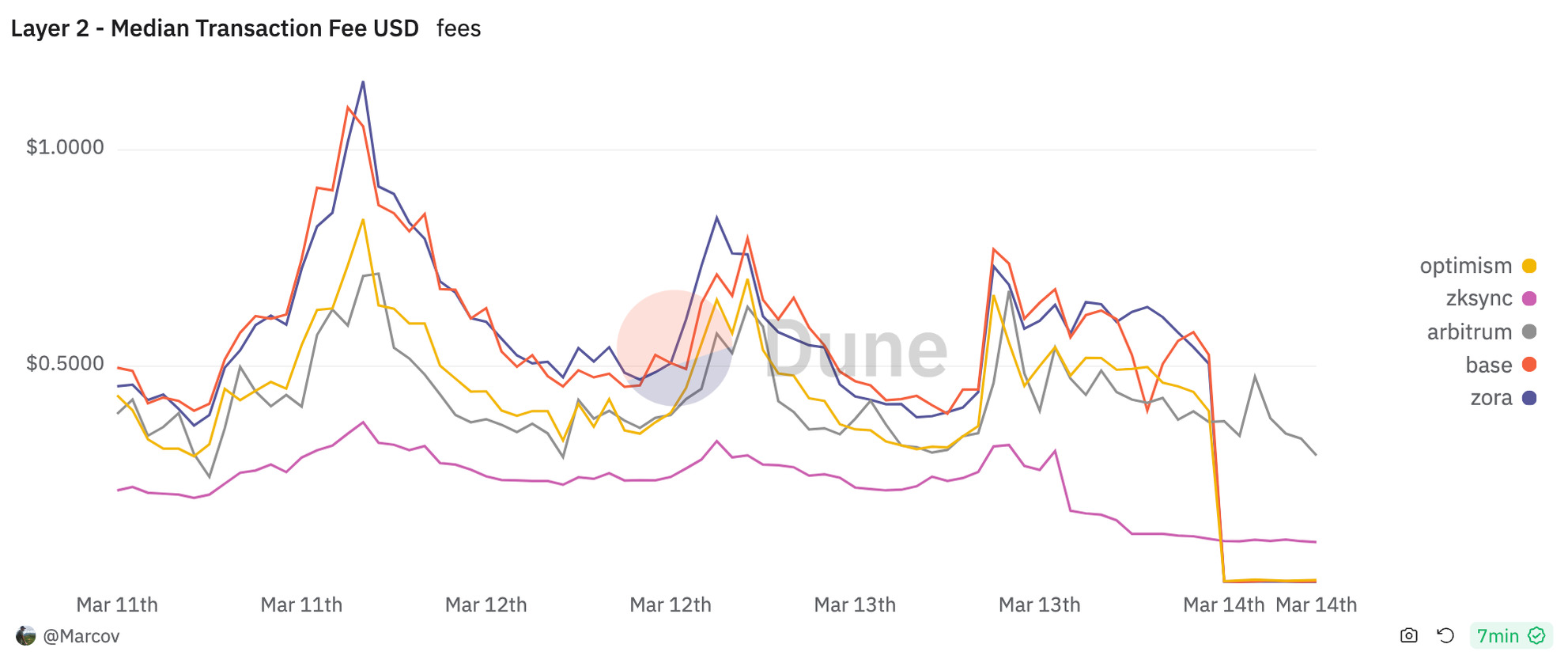
Starknet has also observed fee reductions, with Argent, a major wallet provider on the network, reporting average fees for swaps dropping to $0.04, compared to over $6.8 before the Dencun upgrade.
$0.04 for an in-app swap on Argent X 🥹
a couple of days ago, it was $6.82.
congratulations @Starknet, low fees are back! pic.twitter.com/K500eNDh42
— Argent – Starknet Wallet (@argentHQ) March 13, 2024
However, Arbitrum One, the most widely used Layer 2 solution, is yet to integrate Dencun improvements. It plans to launch its ArbOS upgrade today, incorporating blob support for Arbitrum rollup chains.
Once the upgrade starts executing, we expect it will take an hour or two for blob transactions to begin posting and for new EIP-4844 pricing changes to begin to be seen.
ArbOS Atlas also introduces additional Arbitrum fee reductions for Arbitrum One. We expect this to be…
— Arbitrum (💙,🧡) (@arbitrum) March 13, 2024
Although more than 3000 blobs have already been utilized, it is anticipated that Layer 2 chains utilizing blobs may experience increased fees in the future. As the number of rollups adopting blobs grows, competition for blob space is expected to intensify, potentially leading to slightly higher transaction costs.






